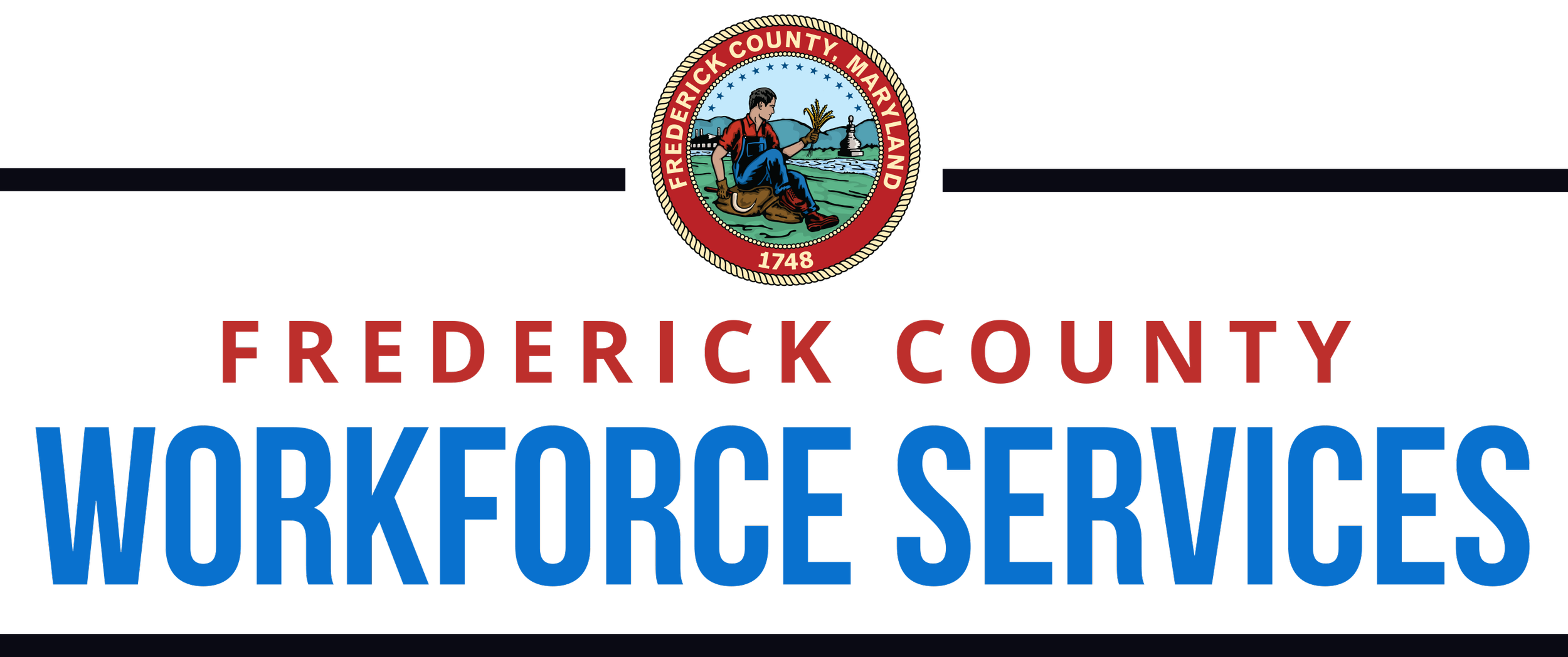Recovery = Good Business. Here’s Why.
“Employment always has been intimately intertwined with psychological health.”
Frederick County businesses and job seekers alike have been navigating the waters of the COVID-19 pandemic for the last year. Many spillover effects, from job loss, shutdowns, restrictions, safety, and health concerns, caused economic and workforce instability. While most businesses and job seekers focused on the pandemic as it took hold, many were already at the crossroads of another storm - the opioid crisis.
Like many others, people in addiction recovery have lost their jobs due to COVID-19. Job loss can mean insurance lapses, housing instability, and more. Coping strategies like socializing with supportive friends and family decreased with ongoing restrictions. The global impact and health implications of the pandemic itself can be stress and anxiety-inducing. These stimuli can be triggering and throw off the emotional well-being and the finances of someone who has an addiction.
In some cases, the isolation, financial, and other stresses of the pandemic could lead to relapse. For others, the pandemic might initiate drug use, ending up with an addiction. More than 20 million people in the United States have a substance use disorder, and COVID-19 has left many flooded with uncertainty, increasing reports of relapse and overdose.
“At first, some of our patients were resilient and resourceful in staying drug-free. As time went on, it started getting harder for them.”
Why is re-entering the workforce a positive stride for people in addiction recovery?
Re-entering the workforce is an essential part of a person's overall recovery plan. Many businesses are struggling to fill positions. Likewise, many job seekers in recovery are ready and need to work. Research has shown to promote long-term recovery involvement in meaningful activities, such as work, is vital.
Stability: Having consistent and constructive work means less downtime and a focus on productivity.
Self-Esteem: Earning income to support oneself helps rebuild self-confidence.
Sense of Community: Making responsible choices and keeping a job means contributing and feeling like a valuable part of society.
What are the benefits of hiring people in recovery?
When interviewing a person in recovery, the stigma of addiction can easily creep into your hiring decision. Your employees need to be safe, sober, and capable of performing their jobs well. Your concerns are valid, but with any new hire, there are risks, and for people in recovery, the benefits may surprise you.
Reliability: A need for structured days and accountability means showing up and doing their best; this also can lead to less time off.
Loyalty: Being given a second chance to be responsible and gain respect creates a solid connection to an employer and the community they serve.
Motivation: Remaining driven to earn an income for self-sufficiency and a new life is a significant boost to ongoing recovery.
As COVID-19 continues to impact the workforce, there is a growing need for talent, and hiring people in recovery can help businesses, our community, and the impact of the opioid crisis. Check out the short film "Recovery is Good Business" (below) for more insight.
Learn about Resilient Frederick County and how your business can help foster opioid recovery through workforce development. Contact Micha Hagans at mhagans@frederickcountymd.gov
Additional Resources:
Providing support through an employee assistance program (EAP)
Substance Use Disorders Recovery with a Focus on Employment and Education
References:
https://journalistsresource.org/economics/opioid-addiction-workplace-recovery-programs/

